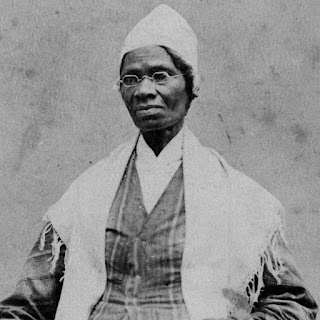LAD/Blog #20: Lincoln's 2nd Inaugural Address

Lincoln begins his second inaugural address by saying there is no new information he can provide for them. the public already know the "progress of our arms", meaning the progression of the war. Lincoln explains that neither side wanted war, but one side wanted to split and one side wanted to stay unified, so there was no other choice. He then talks about how slavery was a catalyst for the war and, when war came, neither side anticipated how difficult it would be nor how large it would get. He discusses God and how Gods choices are "righteous and true altogether". To end his speech Lincoln to end the war and start rebuilding so the country may continue in peace. Woodrow Willson's Second Inaugural Address, like Lincolns, also stressed unity.







